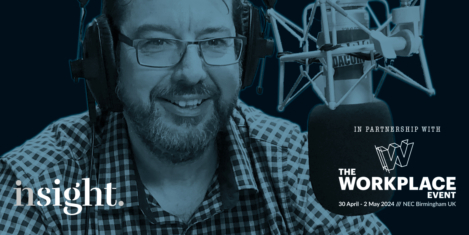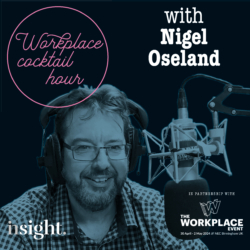To provide the best experiences, we use technologies like cookies to store and/or access device information. Consenting to these technologies will allow us to process data such as browsing behaviour or unique IDs on this site. Not consenting or withdrawing consent, may adversely affect certain features and functions.
The technical storage or access is strictly necessary for the legitimate purpose of enabling the use of a specific service explicitly requested by the subscriber or user, or for the sole purpose of carrying out the transmission of a communication over an electronic communications network.
The technical storage or access is necessary for the legitimate purpose of storing preferences that are not requested by the subscriber or user.
The technical storage or access that is used exclusively for statistical purposes.
The technical storage or access that is used exclusively for anonymous statistical purposes. Without a subpoena, voluntary compliance on the part of your Internet Service Provider, or additional records from a third party, information stored or retrieved for this purpose alone cannot usually be used to identify you.
The technical storage or access is required to create user profiles to send advertising, or to track the user on a website or across several websites for similar marketing purposes.
 The majority of UK workers would choose better work-life balance over higher pay (61 percent vs. 39 percent) in both their current and future jobs, according to the latest Amex Trendex report which claims to reveal consumer trends and priorities for 2024. According to the report, based on a survey of adults from the UK, Australia, Canada, India, Japan, Mexico, and the United States, personal wellness, work-life balance and the environment are seen as priorities for this year. More →
The majority of UK workers would choose better work-life balance over higher pay (61 percent vs. 39 percent) in both their current and future jobs, according to the latest Amex Trendex report which claims to reveal consumer trends and priorities for 2024. According to the report, based on a survey of adults from the UK, Australia, Canada, India, Japan, Mexico, and the United States, personal wellness, work-life balance and the environment are seen as priorities for this year. More →






































February 2, 2024
Life at the coalface: How the agile workplace first appeared in the mid 20th Century
by Mark Eltringham • Comment, Wellbeing, Workplace design